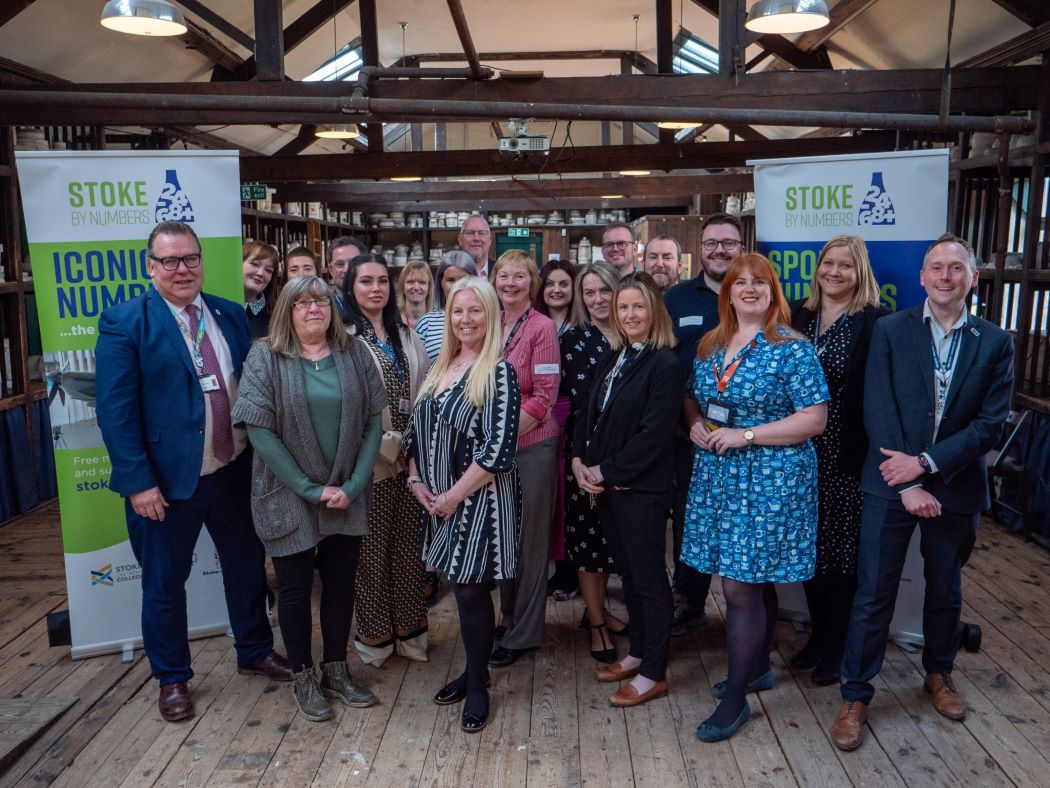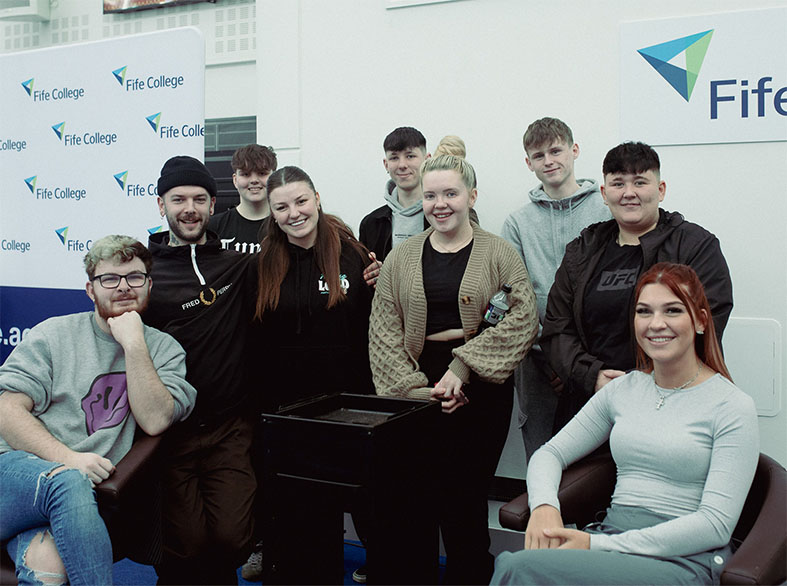Why getting qualification reform right is crucial for students

With the DfE announcing the latest reforms to level 3 qualifications, Catherine Sezen asks whether these plans are what is needed to meet the needs of students.
The cost-of-living crisis and its impact on students and staff, energy bills, staff recruitment and retention challenges in a highly competitive pay environment that FE wants to, but struggles to keep up with, are just a few of the urgent issues facing colleges as we enter 2023.
You can add to this reclassification into the public sector and its impact on borrowing, local skills improvement plans (LSIPs), new accountability agreements, provider access legislation (which strengthens the Baker Clause on information advice and guidance for young people). Against this backdrop Tuesday saw the latest update on qualification reform, which impacts all technical and vocational qualifications from Entry to Level 4/5.
What does this latest update tell us?
The DfE ‘Guide to the Qualification Landscape 2025’ focuses on Level 3. There will be further updates on Level 2 and below in the spring though Ofqual has published a consultation on regulation of Level 2 qualifications. However, there is enough on Level 3 to keep all those responsible for curriculum planning and the student experience in their college awake at night.
The guidance explains that we are about to enter the third phase of reform. Phase one was defunding of qualifications with no or low enrolments, phase two is the defunding of qualifications which overlap with T Levels (but only for 16 to 19-year-olds). Phase three is a review of all other vocational technical qualifications to ensure they are of sufficient quality to either sit alongside A Levels in the academic landscape or alongside T levels and Apprenticeships in the technical landscape.
In the future vocational qualifications which sit alongside A Levels will be known as Alternative Academic Qualifications (AAQs) for both adults and 16 to 18-year-olds. The majority of these are small (1 A Level size) qualifications in subjects such as Science, Engineering, IT and computing, Health and Social Care, Art and Design and Visual Arts, Creative Digital Media, Sport, Music and Performing arts (see the guidance for the full list).
It is expected (though not required) that one of these qualifications will be studied alongside 2 A Levels. There will be small qualifications in Uniformed Services and Policing, but only Sport, Performing Arts (including Music) and Art and Design will have large (2 or 3 A Level equivalents). As far as we can tell there will be no qualifications in Travel and Tourism. College data informs us that around 15,000 students are currently on Diplomas or Extended Diplomas in Public or Uniformed Services and around 7,500 are studying Travel and Tourism. Business qualifications will be replaced by T Levels in Management and Administration and from 2025 in Marketing. Will this meet the needs of the nearly 30,000 16 to 18-year-olds who currently take a business qualification?
The technical landscape is more complicated and doesn’t include the same degree of detail possible subject areas. Alongside T Levels (which are being piloted for adults) and Apprenticeships there will be a range of technical qualifications for both Adults and 16 to-18-year-olds, known as Technical Occupational Entry (TOEs) and Technical Occupational Progression (TOPs). There will also be Technical Additional Specialist (TAS) qualifications which could be taken alongside a T Level and Technical Cross-Cutting Function qualifications for skills which meet the needs of a wide range of occupations. In addition, there is an adult only category, Technical Employer Proposed (TEP) qualifications.
What questions are we asking?
At AoC we are questioning whether phase 3 is necessary since many qualifications have already been through a reform process in the move from QCF to RQF. In a tight fiscal environment, could the money be better spent? This is not our only concern. First and foremost, will the new landscape meet the needs of the students who have traditionally taken vocational technical qualifications? For students with a good handful of grade 4 or 5 GCSE results at 16 T Levels are a great option in which the industry placement is the jewel in the crown.
A number of the 2020 T Level cohort have gone straight into employment at 18 at their industry placement employer. However, 60% of students in colleges start current Level 3 vocational technical qualifications at 17 or 18, which implies that they entered college with an overall GCSE grade profile of 3 and below. They will have spent one or two years working towards starting Level 3, building confidence, acquiring vocational/technical skills, but also improving their English and maths grades, which they often don’t do in a year or two years. These are not students who will flourish on a diet of qualifications with lots of very rigorous core assessment. What will be the options for these students in 2025?
While placements are a key selling point of the T Level they are also difficult to secure, especially in occupations where working from home is more popular and for students living in more remote areas where public transport is limited and often expensive. The industry placement flexibilities also announced on 10 January offer the option of 20% remote assessment among other options. Is that enough? At a strategic level more needs to be done to encourage employers to get involved – these students are their future workforce.
The wide range of technical options and viability of these is also a question mark which potentially impacts more on adults than 16 to 18-year-olds. Colleges can’t staff or afford to run multiple courses for small numbers of students. Difficult decisions will have to be made. T Levels are being piloted for adults, but will such large qualifications work for older adults?
The foreword to the 2016 Post 16 Skills Plan states:
Reforming the skills system is one of the most important challenges we face as a country. Getting it right is crucial to our future prosperity, and to the life chances of millions of people.
At the moment it doesn’t look as if either ambition will be fully met.












Responses